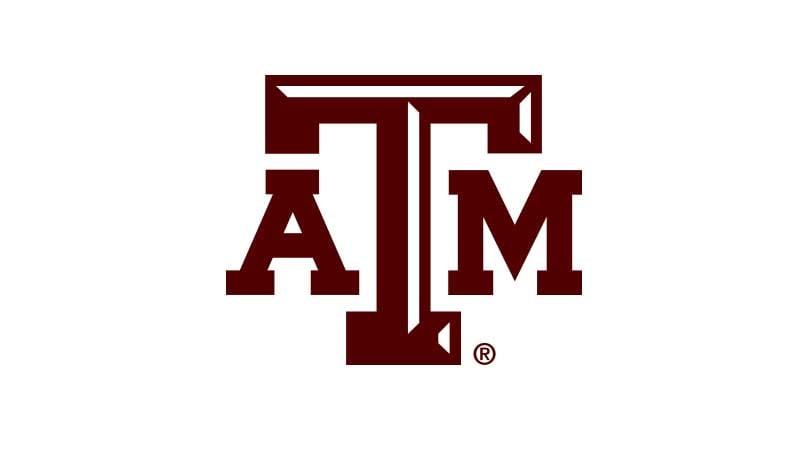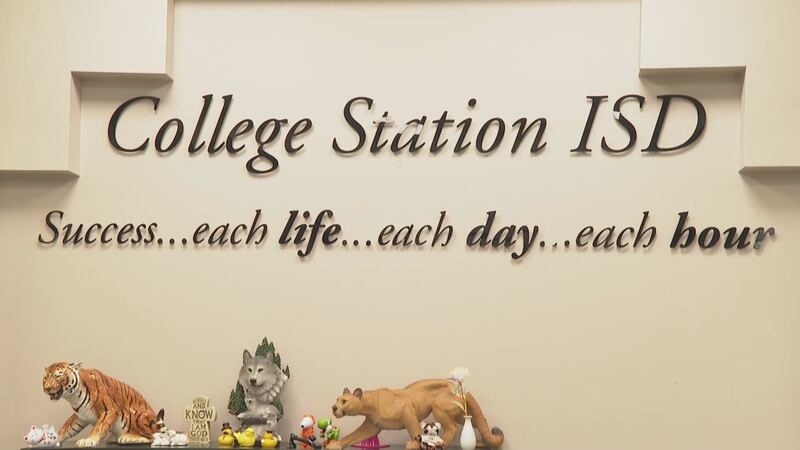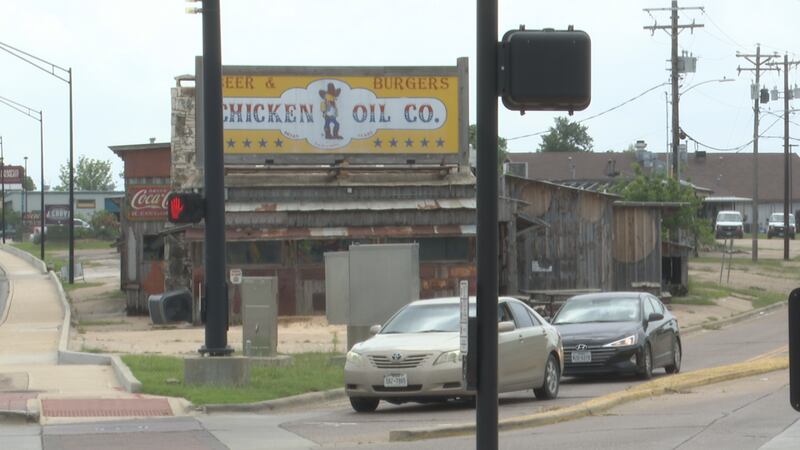Texas A&M Veterinary Lab looking to increase COVID-19 testing

Local health care providers have teamed up with the Texas A&M Veterinary Medical Diagnostic Laboratory to help increase COVID-19 testing.
Since Monday, hundreds of COVID-19 samples have been processed in the lab.
"It's kind of starting out small but we have much more capacity than what's being utilized right now," said Dr. Bruce Akey, Director of the Texas A&M Veterinary Medical Diagnostic Laboratory.
University officials say they have one of the highest testing capabilities across the state. Akey says he and his staff run thousands of tests on animals each year.
"We're used to dealing with very large numbers of samples. Last year, we did about 900,000 tests in our system," said Akey.
He says more than 64,000 of those use the same method to test for COVID-19.
Despite the high demand, since they're not licensed in human testing, local health care providers are the only ones able to conduct the testing.
"They're not yet willing to make any sort of emergency, if you will, regulation change or flexibility in order to allow our folks, who already know how to use this equipment and are already used to the work flow and the high throughput, get in and really help out," said Akey.
Akey says his team could process as many as 1,800 tests a day at the College Station lab if the Department of Health and Human Services would make changes to those regulations during the pandemic.
"We are accredited nationally and internationally for the quality of the testing that we do. That should be definitely still be something that factors into who gets any sort of leeway to get in here and start this testing," he said.
Akey says they would use the same FDA approved kits other labs use, and that Texas A&M has the right tools to ensure all regulations are followed.
The university is seeking a waiver that would allow the staff at the Veterinary Medical Diagnostic Laboratory to start helping. If approved, A&M leaders say their labs across the state could run more than 3,000 tests per day.









